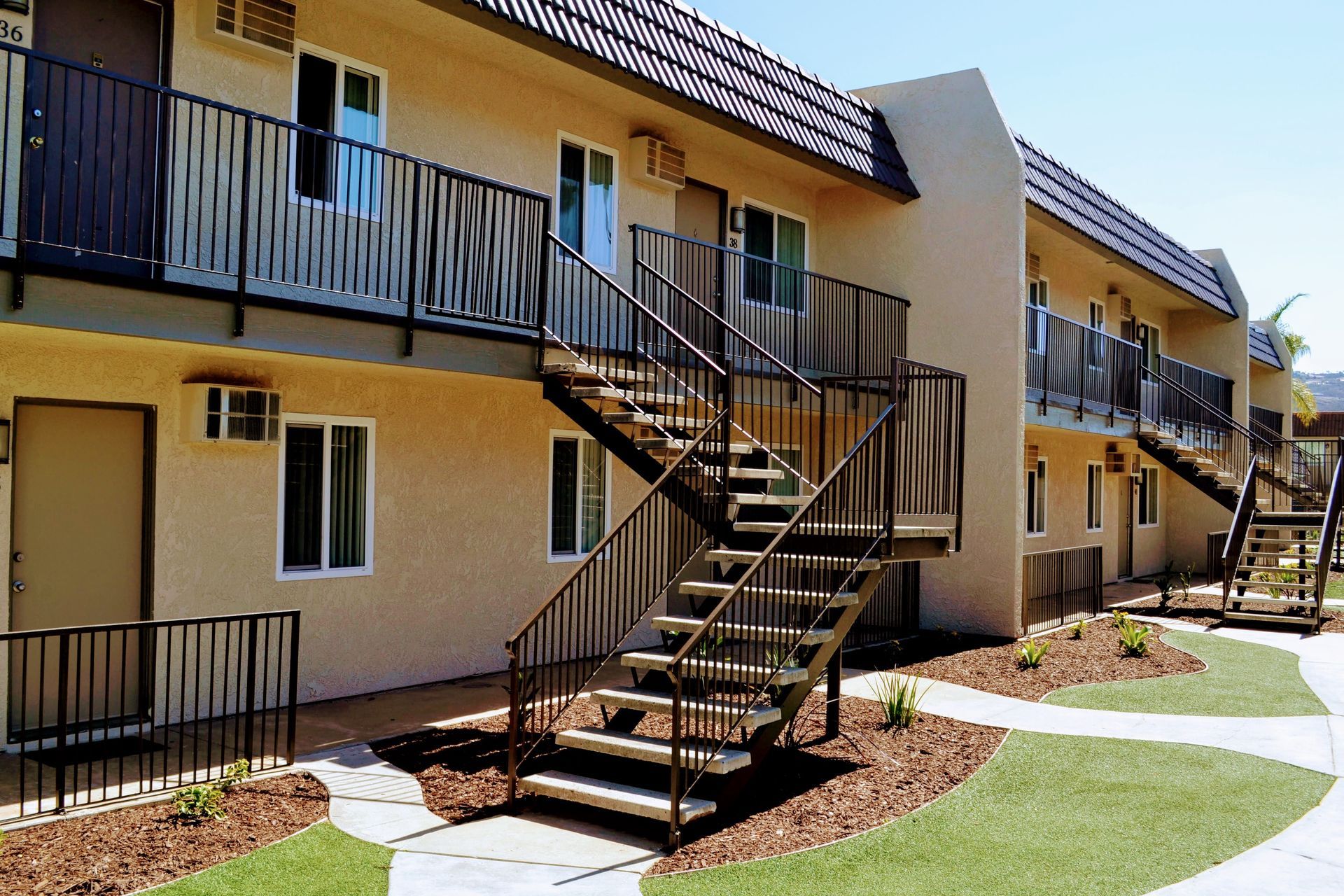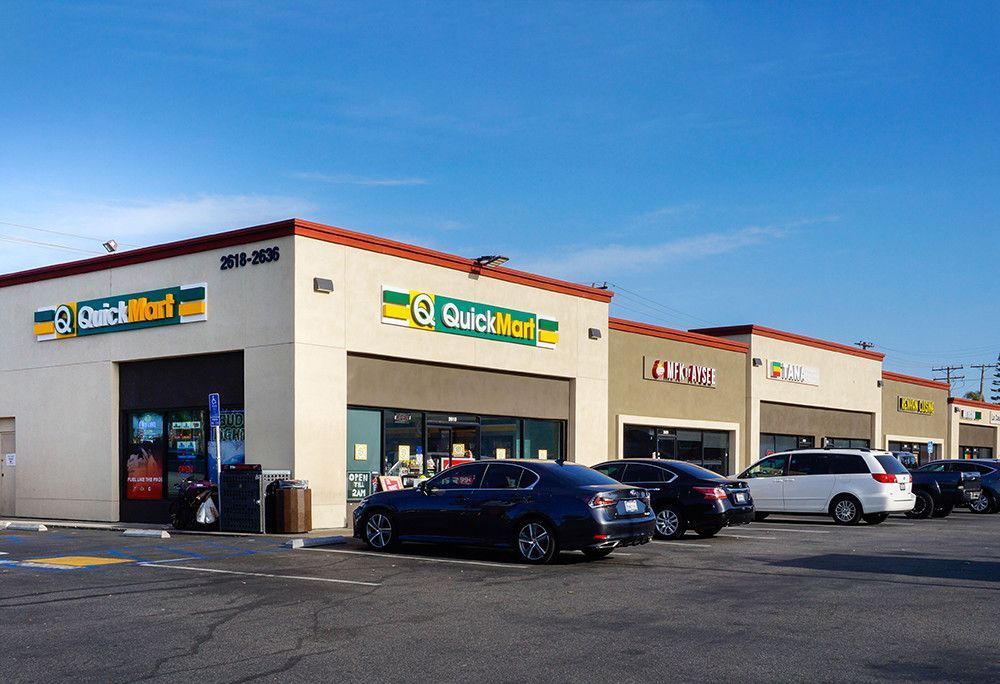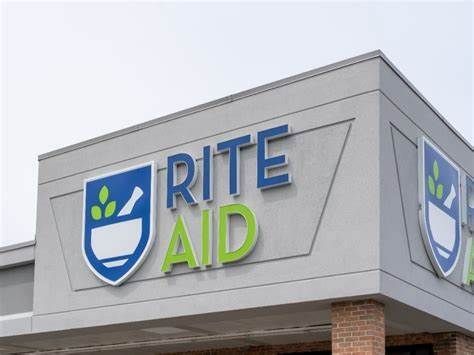Insurers, CRE Groups Seek Insurance Solutions For The Next Pandemic
Business interruption insurance has become a hot topic in 2020, as the coronavirus pandemic has left many commercial real estate owners and tenants with substantial financial losses.
To the dismay of many policyholders, the vast majority of insurance products don't cover pandemics, prompting some to pursue legal action against their insurers for denying coverage. But for the larger business groups, the focus is now shifting to the future, and how to guard against the next pandemic.
Many specific pandemic exclusions were introduced to insurance policies after the SARS pandemic of the early 2000s, when insurance carriers were tested by lawsuits trying to secure coverage for viruses, said James Stuart , the California chief sales officer at insurance brokerage HUB International.
“From the SARS days, there were specific exclusions that said, 'We're not going to cover types of viruses,' and coronavirus is a virus. So that left very little room for claims,” Stuart said.
“People have tried. We've received thousands of claims from our customers. And we've submitted them, but to my knowledge, I've only heard of one claim being covered, and that was kind of under unique circumstances.”
Litigation cases stemming from the coronavirus pandemic began to appear in mid-March and numbered 1,291 as of the week ending Oct. 5, according to a University of Pennsylvania Carey Law School litigation tracker tool. Of those cases, 1,187 are claims related to the loss of business income.
While only a small number of those lawsuits have had preliminary rulings, legal experts previously told Bisnow that the courts have shown a penchant for siding with the insurer and enforcing exclusions in the insurance contracts that block virus or pandemic coverage.
As the economic damage of the coronavirus pandemic continues to unfold, attention is turning toward future pandemics, and whether an affordable insurance product can be created to protect businesses from suffering a repeated fate.
Marsh U.S. Real Estate practice leader Paul Foye told Bisnow the biggest problem with specialized pandemic insurance policies is how expensive they are. In 2018, the insurance brokerage partnered with Munich Re and Metabiota to offer PathogenRX , a pandemic insurance product. The problem is, nobody bought it.
“We have a pandemic solution that we have been able to offer, but none of our clients have really explored it. It's expensive. And they haven't decided to purchase it,” Foye said.
A future pandemic insurance product needs to be affordable, pay claims quickly and provide some kind of business continuity where companies can continue to stay open and meet their payroll expenses, according to Foye.
“It needs to be accessible not only for the large organizations, but small main street storefronts and restaurants, and that sort of thing,” Foye said.
Stuart said that as an insurance broker, he hasn’t seen any previews of new products that tackle pandemic coverage, mostly because there hasn’t been a huge demand from customers yet.
“When insurance companies do ask us, we're not getting a lot of solicitation for COVID or virus-type products,” Stuart said. “I think we're kind of just at a stalemate, there are products available out there, but they are very, very expensive.”
The biggest challenge facing a private insurer trying to create a pandemic insurance product is how to pay out all of the potential claims, especially in a scenario where large swaths of the population are affected.
“The insurance companies have to look at it and say, 'Well, what might be my aggregation?' And it would be the same type of scenario for them ensuring earthquakes, floods, windstorms, where a lot of their insurance [is] going to get hit all at once,” Stuart said.
The newly formed Business Continuity Coalition , announced this week, is advocating for a different solution: a public-private business continuity insurance program that would protect businesses in the event of a government-mandated shutdown.
Such a product would require private insurers to underwrite the direct insurance policy and maintain relationships with customers, but the risk of loss would be shared between the private insurance sector and the government program, usually through a reinsurance arrangement.
In return, the participating insurers would have to conform to program rules that ensure availability and affordability of the coverage that the government has decided is in the public interest to provide.
As of its official launch on Oct. 28, the coalition has 27 members , including the American Hotel and Lodging Association , the American Institute of Architects , the International Council of Shopping Centers , Marriott International , Nareit and the National Multifamily Housing Council.
Nareit Vice President of Government Relations John Jones, a member of the coalition, told Bisnow that there is a precedent for this kind of program: the Terrorism Risk Insurance Act , signed into law by President George W. Bush in 2002 following the Sept. 11, 2001, terrorist attacks.
TRIA created a federal program that facilitated shared public and private compensation for certain insured losses resulting from a certified act of terrorism. The act was extended multiple times and then reauthorized in 2015, during President Barack Obama’s second term.
“With TRIA, we have the precedent in terms of a public-private partnership, government backstop, and eventually I think we'll get to a good solution that can be implemented,” Jones said.
In late May, U.S. Rep. Carolyn Maloney introduced The Pandemic Risk Insurance Act of 2020 ( H.R.7011 ), a bill that would authorize a public-private insurance program, providing compensation to insurers if they incur losses as a result of coverage related to pandemics or outbreaks of disease. As of this week, the bill has 27 co-sponsors.
Jones said the BCC has been in communication with Maloney, and a number of its members have already participated in a roundtable discussion with her. The coalition has also been in contact with U.S. Rep. Steve Stivers, who has proposed an alternative plan to create a public-private business continuity insurance program.
“We've been in communication with them. I would say the goal of the BCC is to continue to increase and build up stakeholders from across the spectrum so we can get to a solution,” Jones said.
Marsh is on board with the notion of a public-private insurance program. The insurance brokerage released its own report in June , noting that a range of existing public-private risk-pooling models could be applied to a future pandemic event.
“There's a lot of different opinions as to what that public-private partnership looks like,” Foye said. “Everyone's trying to do the same thing, but with different ideas, trying to come up with a way to make it affordable, and have people be able to continue should another pandemic hit.”
Insurance rates for business interruption and other policies were already rising prior to the pandemic. Between 2016 and 2018, some insurers were paying out more in losses than what they were getting in premiums, and by mid-2019, those companies started to offer less coverage while charging more, according to Stuart. Insurance companies took a $22.5B underwriting loss for U.S. property and casualty insurance in 2017 and a $1.7B loss in 2018, according to the National Association of Insurance Commissioners.
That trend is likely to continue in light of the pandemic and other disruptive events in 2020. Stuart noted that a particularly active hurricane season , massive wildfires in the western states, and widespread protests have all placed additional pressure on insurers.
“They've had a couple of bad years, and now they're trying to recoup. I think it's probably going to take them the rest of 2021, at least through the third quarter,” Stuart said.
Global commercial insurance pricing rose 19% in Q2 2020, according to Marsh’s most recently released quarterly Global Insurance Market Index. That was the largest spike since the index began in 2012, and the 11th consecutive quarter of premiums rising.
Foye said insurance pricing for commercial real estate clients has been rising over the past few years, but his company is optimistic that the market will eventually calm down. However, some property portfolios will continue to struggle with higher premiums, or finding insurers willing to cover them.
“For less favorable portfolios, maybe with less data quality and a poor loss history, I still think it could be difficult for those types of clients. And we're also finding pockets where it's difficult for certain types of apartments and also hotels,” Foye said.
The timeline surrounding a potential public-private insurance program remains unclear, though Jones noted that once the U.S. election is settled, there will be fewer distractions.
“It's not a partisan issue. And so any administration or any party that's in power would definitely support it, because any president, Republican or Democrat, wants to have a sufficient, workable economic system in place that can withstand a government-mandated shutdown of business operations,” Jones said.
Property
Management Made Easy
Customized Pricing Plan to Help You Maximize Your Investment Returns
Take the First Step Towards Effortless Property Management
Take the First Step Towards Effortless Property Management
We will get back to you as soon as possible
Please try again later

P.O. BOX #1489
TORRANCE, CA 90505








